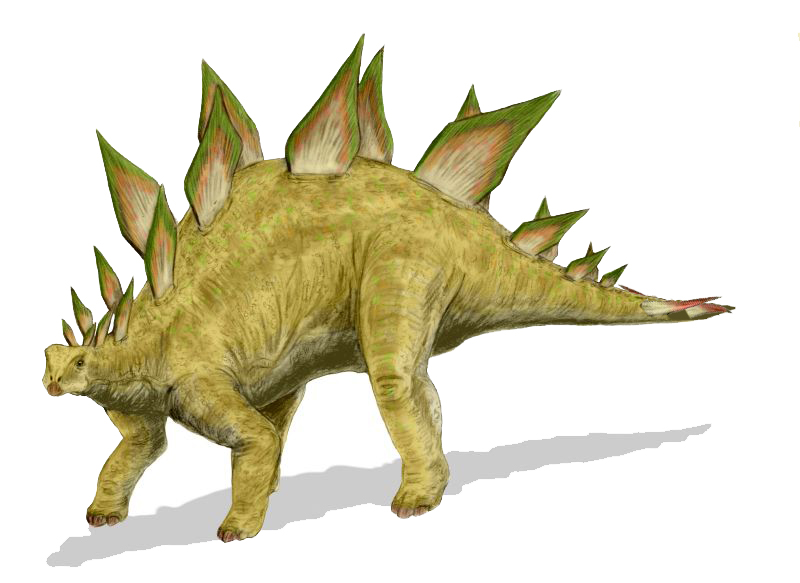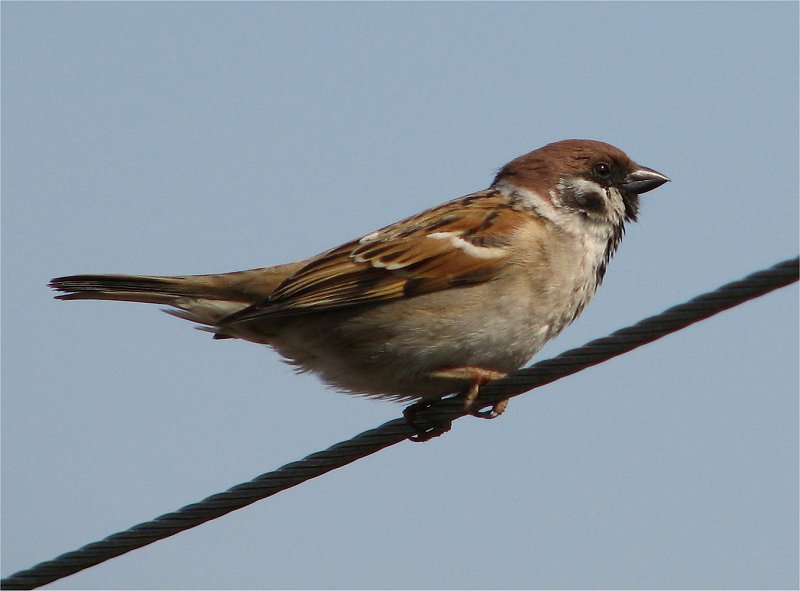...books.
We've got a pretty big responsibility as children's book authors. The words we choose to put in our stories and the meaning we give those words have an impact on the next generation.
I'm pretty sure we're all aware of this. You've probably seen studies on how kids who grow up with a language that assign genders to nouns perceive the noun as that gender (example here). So if we already know about how word choice can affect how we view the world, why am I talking about it? Because...SCIENCE! Duh.
Most people think dinosaurs are extinct. And this bothers me, for a number of reasons.
The biggest reason is...dinosaurs aren't extinct. We see them alive and well nearly every day.
Ta da! I know, I know, most of you are thinking, "Yeah, birds came from dinosaurs, we get that." But no. Most people don't get it. Not really.
Birds didn't just come from dinosaurs. Birds are dinosaurs. They're part of the dinosaur family. On the tree of life, the base of their branch is "DINOSAURIA". Dinosaurs are not extinct. Many are, but many are not.
Trying to say birds are not dinosaurs is like trying to say that whales are not mammals: "But whales can't be mammals! They don't have legs, and they swim around the ocean, and they breathe out the top of their heads, and they're just too different to be counted as a cute, fuzzy mammal!"
True, whales are different. They're a different type of mammal. That's why we give them the name "whales". It's another group of animals, nested in the larger group called "MAMMALIA".

Same with birds. They're one group nested in the larger group of "DINOSAURIA". Sure, they don't look much like a Stegosaurus, but let's be honest...does a five ton Stegsourus look much like a five pound Compsognathus?
 No. But no one would question calling Stegosaurus or Compsognathus dinosaurs. So why do we question the sparrow?
No. But no one would question calling Stegosaurus or Compsognathus dinosaurs. So why do we question the sparrow?If we grouped the pictures of the Stegosaurus, the Compsognathus, and that sparrow from above together, I'd wager a person who'd never seen any of those creatures before would say the sparrow and the Compy looked like closer relatives. And they'd be right! Sparrows and Compsognathus are both in the same biological suborder, Theropoda. Stegosaurus is far, far removed from that group of animals.
So why the hang-up about calling birds dinosaurs? Because that's not how we were raised. We were all taught that dinosaurs died long ago, and we'd never see one alive today.
We were taught wrong.
And now, this affects us. It reinforces a world view that we just can't afford to have anymore: the separation of the modern from the past. We aren't separate. We're connected. And we need to stop using language that teaches children to separate. We must show kids how all life on Earth is connected, if we're to have any chance of raising a generation who will respect the planet they live on.
By showing how dinosaurs are still around, just with modified, evolved bodies, we strengthen the idea that all life branched off from the same creatures, and has changed over time through evolution. That all life is related, and that life is continuous.
This is also why we need to be careful when talking about Humans vs Animals.
Yes, I get that we need a distinguishing category for animals that are not humans, and that saying "animals" is faster than saying "non-human animals". I do this myself frequently (though I try to catch myself). But perhaps, at the very least, it's time to stop using the word "animal" to mean lesser or baser. Stop using it as an insult. Stop using it to mean stupid.
Because we are animals. And we like to consider ourselves pretty darn smart. Does that make us special animals? Sure. Just the same way as it makes cheetahs special animals. We boast the highest brain power. They boast the highest speed power. Every animal has something that makes it special.
Some may argue that our specialness is more important or better because we've "changed the world".
So what? So have bees. And they haven't caused a mass extinction along the way. We have. Go us?
The bottom line is that world will benefit if we stop seeing so many differences and separations between animals (including us). We share so much in common. Humans are animals. Specifically, we're primates. Science has illustrated this for us beautifully. And science tells it how it really is, whether we're comfortable with it or not.
I argue that one of the greatest reasons we aren't comfortable with some of these ideas is because our language has reinforced this separatist thinking. It's time for that to change. It's time to use language to help us see our similarities and connectivity to all life, and thus an increased compassion for it in all its forms.
As the teachers of language, authors have the power to take up this challenge and change the philosophy of their readers. Not just in regard to changing the notion of how life is related on Earth, but in all things. Do what you can to use words that bring us together, rather than divide us apart. Birds as dinosaurs and humans as animals are only examples. This type of word choice thinking can apply to all sorts of things. Racism. Sexism. Ableism. This list goes on.
Now for the tricky part. I totally get that to make realistic characters, you can't have them all using this type of language. For example, on a trip to the beach, my kid character won't see a flock of seagulls and shout to the other characters, "Hey look! Sea-coast dinosaurs! The beach must be around here somewhere!" That's just not natural dialogue.
But chances are, one of the kids in your novel will know that birds are dinosaurs. That's what the newest books and educational television are (correctly) promoting, so having one or more of your characters know this fact is not at all unrealistic.
They can be the obnoxious kid that corrects their friend:
"Seriously, if I don't pass this test, I'm dead. Dead, dead, deader than the dinosaurs, dead."
"Then you're not so dead after all. Look, there's a crow! Looks pretty alive to me."
"Shut up, Colin."
Dialogue is the trickiest place to make these types of changes. But it can be done. If you can master it in dialogue, you can master it in your own narration. You can influence a new generation of thought with what words you include in your writing, and what meaning you give those words.
Remember this. And good luck.

No comments:
Post a Comment